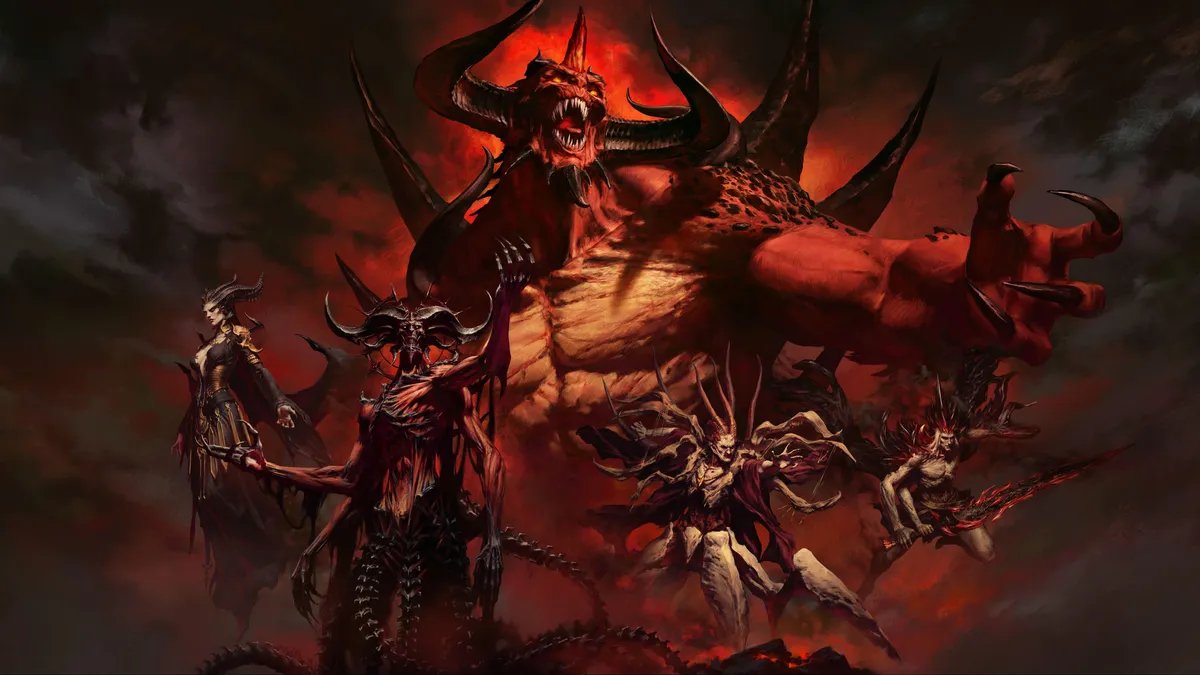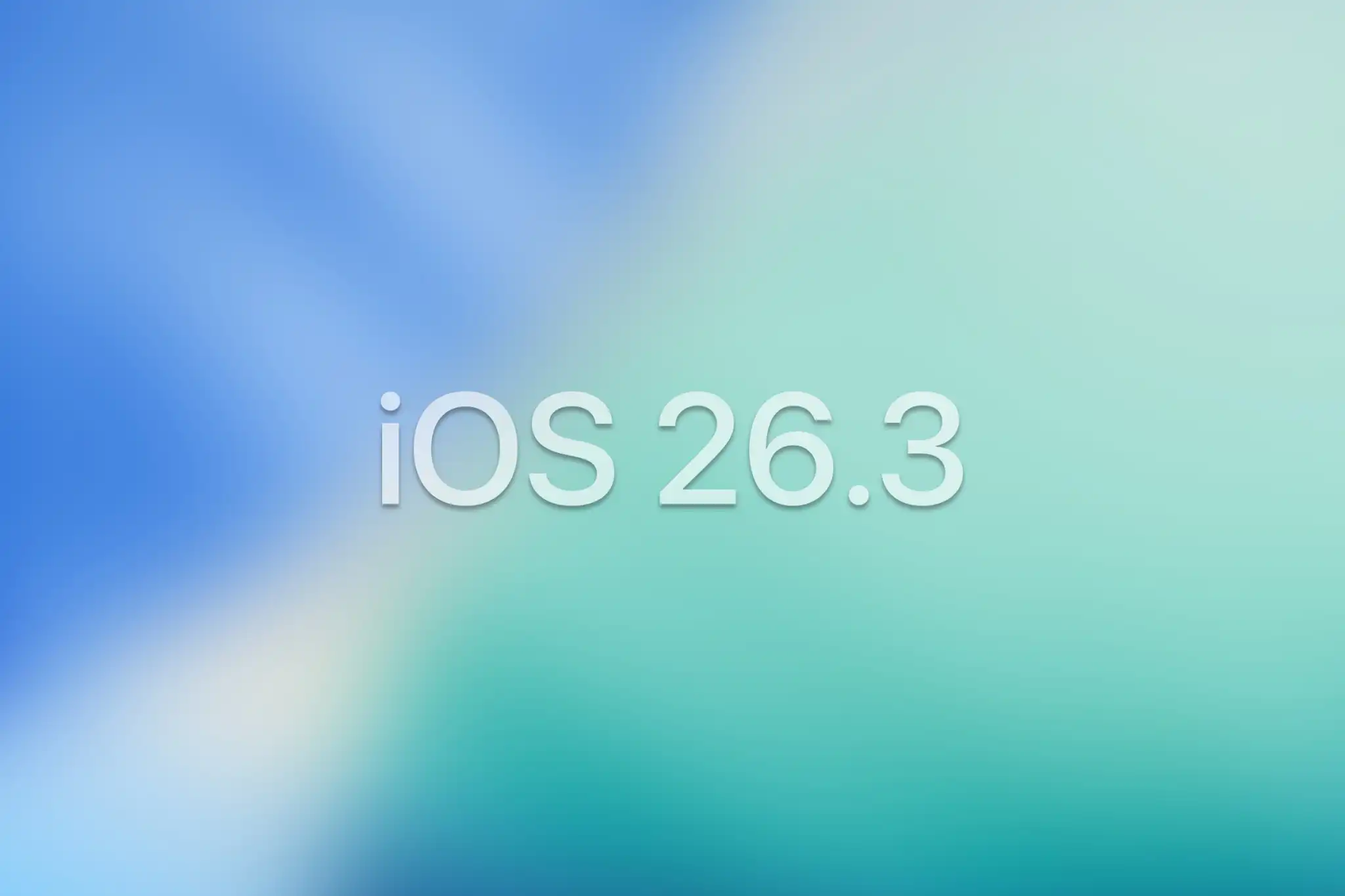TL;DR: “The Four Seasons” on Netflix, co-created by Tina Fey, Lang Fisher, and Tracey Wigfield, reimagines the 1981 Alan Alda film as a contemplative and whip-smart dramedy about the intricate dance of long-term relationships, friendship politics, and midlife meltdowns. It starts slow, hits hard by summer, and sticks the landing with an ensemble cast that punches well above its sitcom roots. A poignant, funny, and painfully relatable vacation from your average comedy.
The Four Seasons
Somewhere around episode three of Netflix’s The Four Seasons, Tina Fey and Will Forte’s characters argue over whether a cappuccino counts as a real coffee or just a frothy lie told to yuppies. It’s a dumb fight, the kind you’d hear in line at an overpriced cafe, but it’s also deeply telling. Because The Four Seasons isn’t really about vacations or orchestral music cues—it’s about the insidious rot and redemptive tenderness of relationships that have lasted too long to abandon but too long to ignore. It’s about couples who mistake bickering for bonding, and about the quiet moments where you realize the people you love may no longer know who you are.
And for a show created by Tina Fey—a name synonymous with acerbic punchlines and rat-a-tat satire—that premise could’ve felt like a tonal swerve. But instead, it’s a surprisingly grounded, sometimes devastatingly accurate depiction of the ways friendship and marriage start to creak under the weight of time.
Let’s get the setup out of the way. The Four Seasons, co-created by Fey, Tracey Wigfield (Great News), and Lang Fisher (Never Have I Ever), takes the bones of Alan Alda’s 1981 film and stretches them into a four-part, seasonally-structured Netflix series. Each episode follows three long-married couples on a different seasonal vacation—Spring, Summer, Fall, Winter—intercut with a Vivaldi needle-drop for every act transition. But while the premise sounds light, maybe even gimmicky, the execution lands closer to The White Lotus by way of Scenes from a Marriage, if both had a strong Wi-Fi signal and plenty of Pinot Grigio.
You’ve got Jack and Kate (Will Forte and Tina Fey), the couple that communicates solely through sarcasm and passive-aggression. Nick and Anne (Steve Carell and Kerri Kenney-Silver), trying to fake their way through a marriage that’s already emotionally expired. And Danny and Claude (Colman Domingo and Marco Calvani), a stylish but quietly tense couple facing a looming medical decision.
The chemistry between these actors is never in question. You don’t believe they just met on set. You believe they’ve spent 25 years bickering over dinner reservations and over-tipping at mediocre ski resorts. That lived-in authenticity is part of what makes The Four Seasons such an engrossing watch, even when it stumbles.
Let’s be clear: the first two episodes (Spring) are a bit of a mess. Not in the sense that they’re badly made—far from it. The direction is warm, the dialogue often razor-sharp—but the pacing is jittery, like the show doesn’t quite trust that we’ll stick around if it doesn’t throw all the character dynamics at us immediately. There’s a rush to establish backstory that might’ve worked in a two-hour film but feels off-kilter in a series trying to play the long game.
But there’s a narrative reason for the unease. By episode two’s end, the emotional time bomb drops: Nick is planning to leave Anne. This doesn’t just fracture their marriage; it ripples through the entire friend group like a Molotov cocktail at a dinner party.
Once Summer hits—both metaphorically and literally—the show finds its rhythm. Nick returns with a 30-year-old girlfriend, Ginny (a wonderfully calibrated Erika Henningsen), and the group reacts with a mix of horror, pity, and suppressed Schadenfreude. What follows is a masterclass in cringe comedy, with just enough raw emotion to keep it from tipping into farce.
This is where the show digs into its central thesis: that long-term relationships are rarely about compatibility and often about endurance. Every couple in The Four Seasons is broken in a different way, but none are caricatures. Jack and Kate’s snarky banter hides real resentment. Danny and Claude’s seemingly perfect aesthetic masks existential fear. Nick and Anne, once the golden couple, now have to navigate the awkward hellscape of mutual friends who have no idea how to play Switzerland.
And it’s that friendship group dynamic where the show really sings. There’s a depth to the relationships here that goes beyond sitcom setups. Think less Friends, more The Big Chill, if that movie had included an extended bit about whether it’s rude to bring a new partner to the annual lake house if the old one is still coming.
The best comedies know that humor is pain viewed from a safe distance. And The Four Seasons gets that. It offers plenty of laughs, yes, but most of them are uncomfortable ones—those reflexive chuckles you emit when you recognize your own worst tendencies mirrored back at you. Whether it’s a passive-aggressive toast, a drunken poolside confession, or the horrific moment someone says what everyone else is thinking, the show is unafraid to make its characters earn every laugh.
It almost feels unfair to highlight anyone from the cast because this is a true ensemble piece. But let’s start with Tina Fey. Her performance as Kate is a revelation—not because she’s reinventing the wheel, but because she’s finally letting us see the cracks beneath the wisecracks. Kate is brittle, defensive, and often wrong, and Fey plays every beat with a refreshing lack of vanity.
Will Forte is perfectly cast as Jack, the well-meaning husband whose goofiness barely masks his own fears about becoming irrelevant. Their scenes together, especially in the autumnal back half of the show, are heartbreaking in the way only real, tired love can be.
Steve Carell walks a tightrope with Nick, a man going through a midlife spiral who somehow remains sympathetic. That’s no easy feat, considering he spends half the show dating someone young enough to have watched The Office in middle school.
Colman Domingo continues his streak of elevating everything he touches, bringing quiet gravitas and a faint sadness to Danny. And Marco Calvani—whose Claude could’ve easily been reduced to a flamboyant stereotype—grounds every scene with vulnerability and neurotic precision.
Even Erika Henningsen’s Ginny, who starts out as the classic third-act girlfriend interloper, evolves into a complex and painfully sincere presence. Her scenes with Julia Lester, playing Nick and Anne’s daughter Lila, crackle with awkwardness, humor, and just a hint of empathy.
By the time winter rolls around (narratively and emotionally), The Four Seasons has long since won you over. The show doesn’t tie things up in a neat bow. It doesn’t fix the couples. But it does something better—it allows for growth. It recognizes that not all relationships end with dramatic closure. Some just fade. Others reset. Some get better, not because of grand gestures, but because someone finally listens.
And that’s what lingers long after the final Vivaldi crescendo. The Four Seasons is a show about people who know each other too well to be kind, too scared to be honest, and too exhausted to start over. It’s about what happens when you stop asking, “Is this person right for me?” and start asking, “Do we still recognize each other?”
It’s not always fun. It’s not always fast. But it’s always real.
And it’s worth the trip.
VERDICT: The Four Seasons is a rare thing—a comedy that dares to grow up. With a phenomenal cast, razor-edged writing, and emotional honesty under its scenic surface, it’s the kind of show that sneaks up on you. Come for the Vivaldi, stay for the devastatingly human truth bombs wrapped in laughter.







